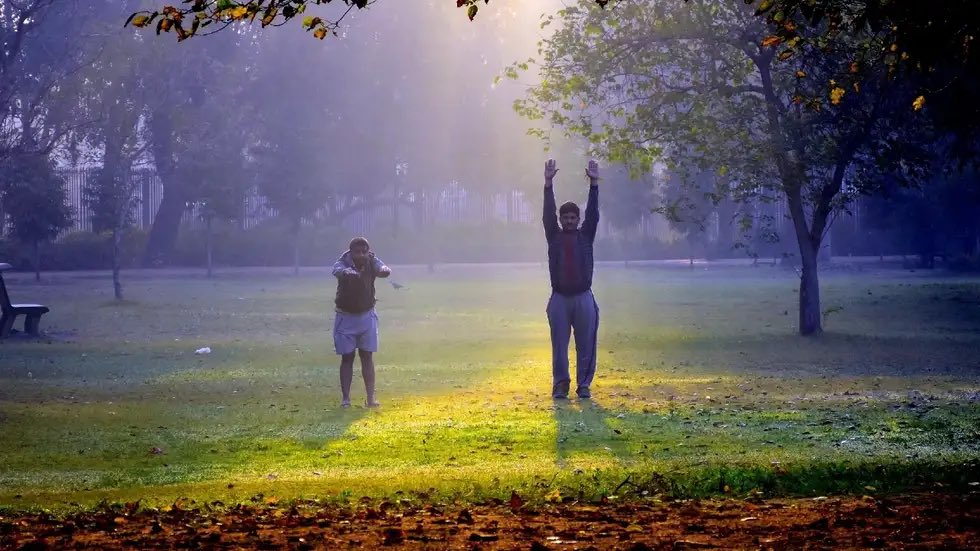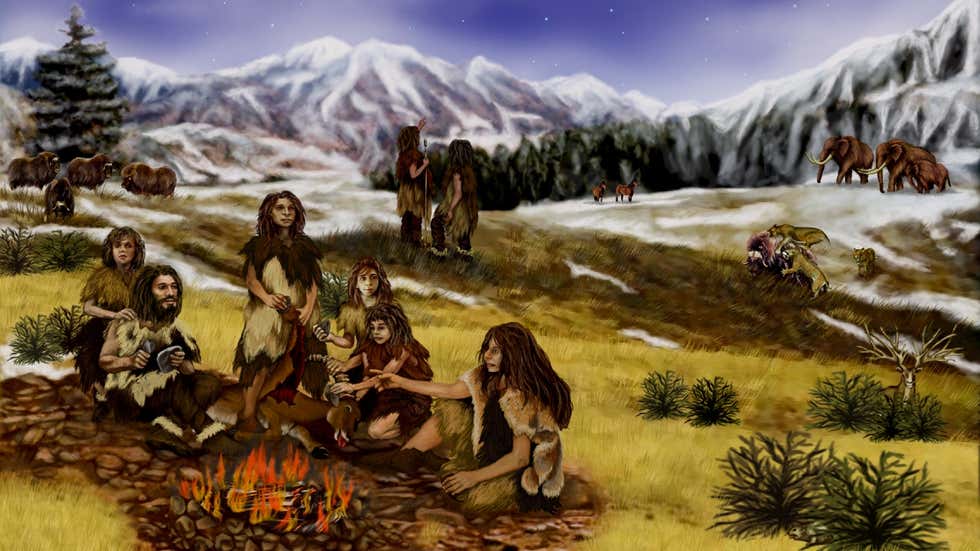
Suffering from #Depression Amid the #Pandemic? Get Into Long-Term Exercising, Say Scientists!
weather.com/en-IN/india/he…
(📸: IANS)
weather.com/en-IN/india/he…
(📸: IANS)

Exercise has for long been recommended as cognitive-behavioural therapy for patients with #depression, yet new evidence suggests that the #COVID19Pandemic changed the nature of the relationship between physical activity and mental health.
The study of college students, conducted before and during the #pandemic, revealed the average steps of subjects declined from 10,000 to 4,600 steps per day and rates of #depression increased from 32 per cent to 61 per cent.
The research, published in the Proceedings of the National Academy of Sciences, also revealed short-term restoration of exercise does not meaningfully improve mental well-being.
#depression #pandemic
#depression #pandemic
"This raises many possible explanations, including that the impact of physical activity may require a longer-term intervention," said co-author Sally Sadoff from the University of California, San Diego.
#depression #pandemic
#depression #pandemic
"At the same time, our results clearly show that those who maintained physical exercise throughout the #pandemic were the most resilient and least likely to suffer from #depression," Sadoff added.
For the study, the team used a longitudinal dataset linking biometric & survey data from several cohorts of nearly 700 young adults before and during the #COVID19Pandemic. In addition to filling surveys, participants received wearable devices that track their activity levels.
Among the subjects, sleep increased by 25 to 30 minutes per night, time spent socializing declined by more than half (less than 30 minutes per day), and screen time more than doubled to five or more hours per day.
#depression #pandemic
#depression #pandemic
The researchers found large declines in physical activity during #COVID19 was most strongly associated with higher rates of #depression.
Those who experienced declines of one to two hours of physical activity per day were most at risk for depression during the #pandemic. While participants who were able to maintain their daily habits were at the lowest risk for #depression, the team said.
• • •
Missing some Tweet in this thread? You can try to
force a refresh







